0 Comments
We’re taking next two weeks off for Easter and will be back with an entire new series of podcast episodes beginning May 4th.
Happy one-month birthday to the Immanuel Campus! Three cheers to Cary and the campus staff, our central operations support team, and the on-the-ground leaders who have helped make the last 30 days an incredible experience. And to you... thank you for your prayers, encouragement, and most of all, your partnership in the gospel as we love God, love people, and live like Jesus. We are making progress toward fully launching the Puyallup campus on Sunday, September 7 (Fall Launch). There is still much to do, but here are some highlights from the last 30 days. While most preaching is "live", Cary introduced Life Group "feels" and weekly questions using video messages from Pastor Tim. While there is already a women's bible study, men's group, and quilters group that meet each week, the desire to get connected in a Life Group is "catching". During the week, the Immanuel Learning Center serves 63 students and their families. They don't just learn their ABC's and 1-2-3's through play, they gather for family chapel times. Yes, significant adults and siblings get to join in the fun, too! We look forward to further integrating Kid Min and Parent Cue resources to further connect students and families with Jesus - not just at church or school, but at home, too. Every school day, thr3e Coffeeshop is the place for junior high and high school students to grab a snack or drink and meet and hang with friends. We are looking forward to building on thr3e's unique and fruitful story by further fostering a culture of care and belonging. Similar to our Backpacks 4 Kids vibe at the Tacoma Campus, the Puyallup Campus coordinates and leads a weekly tutoring program for elementary students. Because the program is supporting measurable student success, plans are being made in partnership with local schools to increase the number of students who can receive tutoring this fall. Organizationally, our team has worked hard this month to begin aligning financial and operational systems, laying groundwork for facility and technology upgrades, and figuring out what regular office presence looks like at the campus. Looking ForwardHere's what we are looking forward to in the next couple months as we continue moving toward Fall Launch in September:
SoundCloud Widget
SoundCloud Widget
I hope you’ve enjoyed the last six weeks of podcasts. I’ve been praying that the Holy Spirit has been stirring in your heart to take your next step to live out your God-given calling. Perhaps something you’ve heard, read or thought inspired you to think and feel differently about God, yourself, or others. If so, I’d love to hear about it. Could you drop me a note Here? I’m taking this week off to prepare for our next series of podcasts. Starting next week (March 9), we will dive deep into each week’s sermon scripture. I’ll discuss the original language and historical context and share bonus practical applications. You will not want to miss these. 
I hope you enjoy this week’s podcast with my guest, Travis Guse. We talk about his calling, his strengths, like lifting weights, how self-care is not selfish, and wrestling with the question, “Who needs what I have to offer?” I can’t wait for you to listen. After listening, if you were inspired to take the next step and discover your God-given calling, go to oslc.com/design where you can find resources, or contact someone to start your conversation. |
Connect with
Pastor Tim Meet Pastor TimTim Bayer has served as Our Savior's Lead Pastor since September 2019. He also serves as an Adjunct Instructor at Concordia University - Irvine, a National Leadership Facilitator and Resource, and with the Northwest District of the Lutheran Church - Missouri Synod. Archives
June 2025
Categories
All
|
OUR CHURCH
|
GET INVOLVED
|
OUR SCHOOLS
|
|
|
© 2025 | Our Savior Lutheran Church | 253.531.2112
4519 112th St E, Tacoma, WA 98446 Office Hours: Mon-Thu 8:30-3:00 Sunday Services: 9:00 & 10:30am |


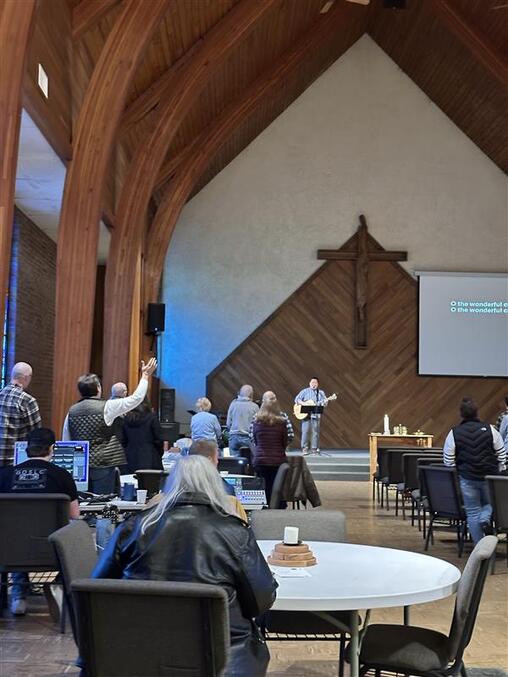
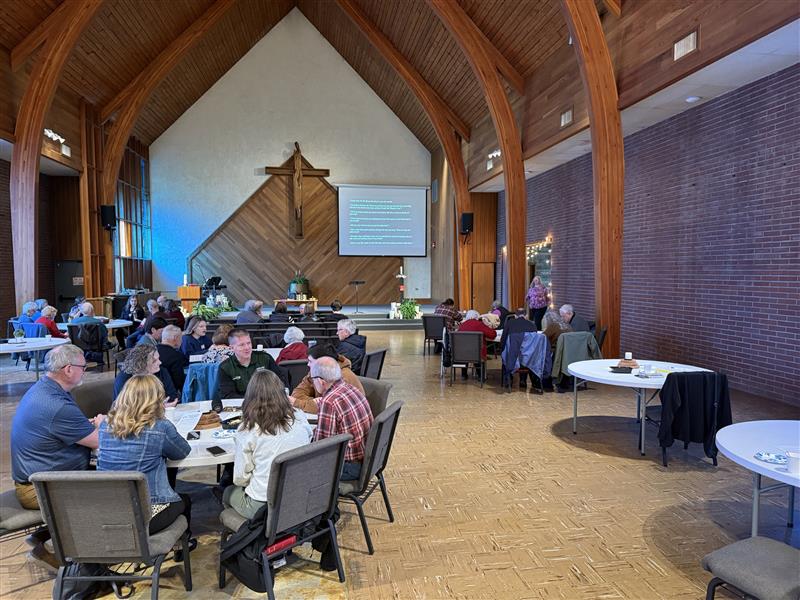
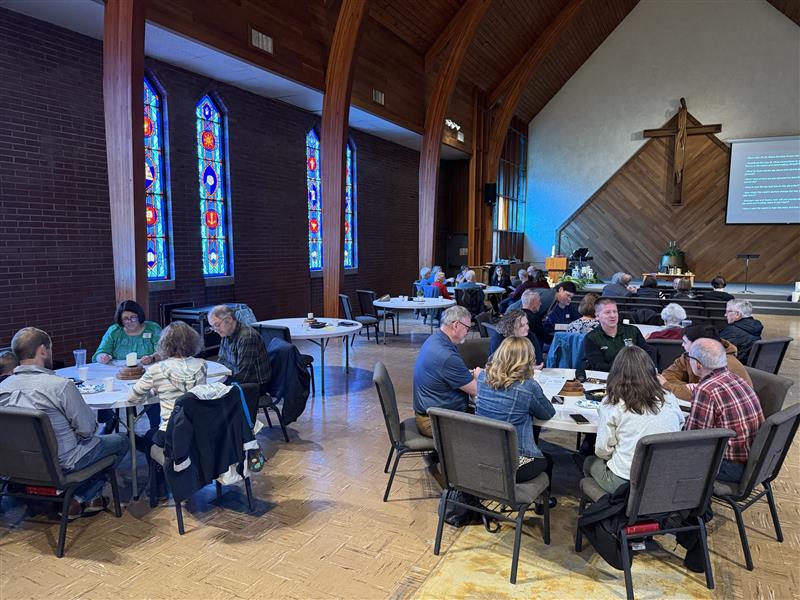
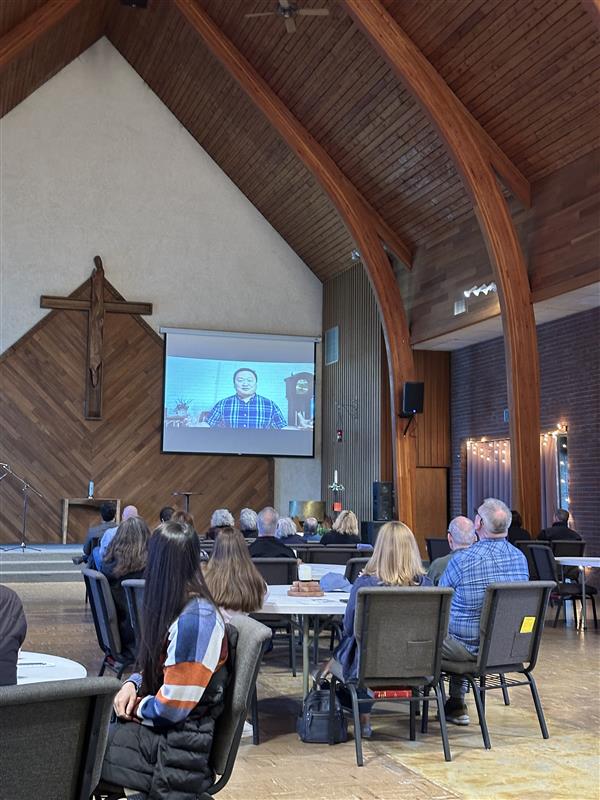
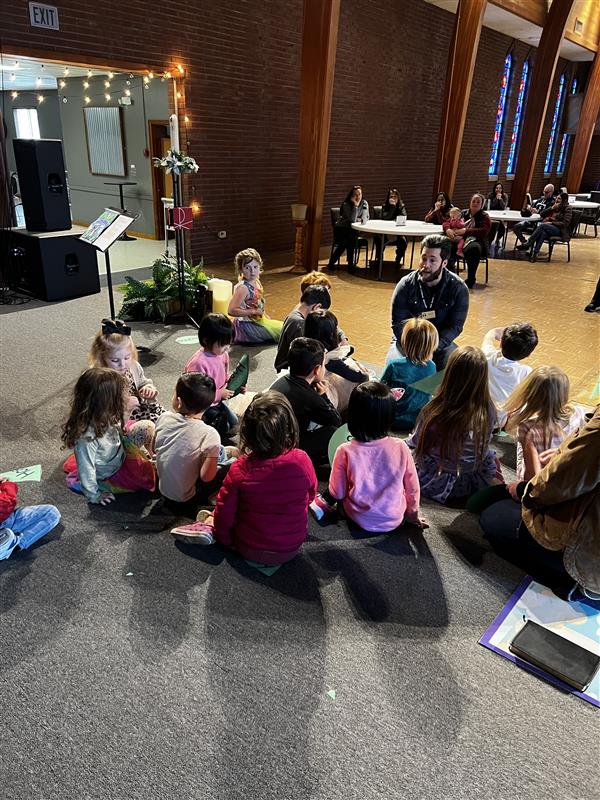
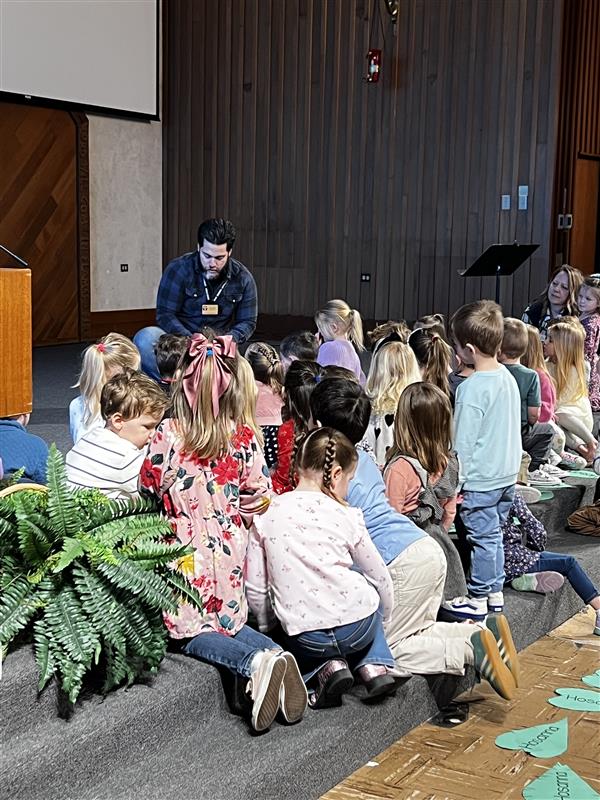
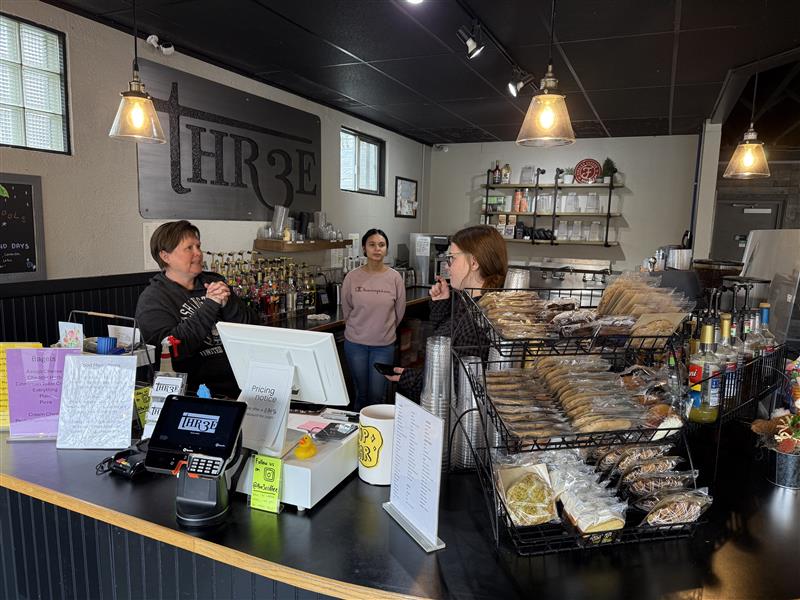
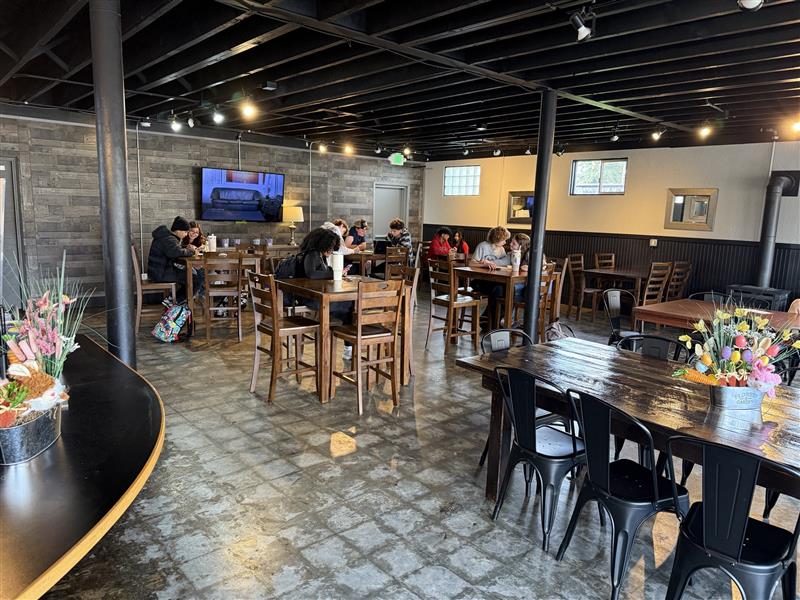



 RSS Feed
RSS Feed